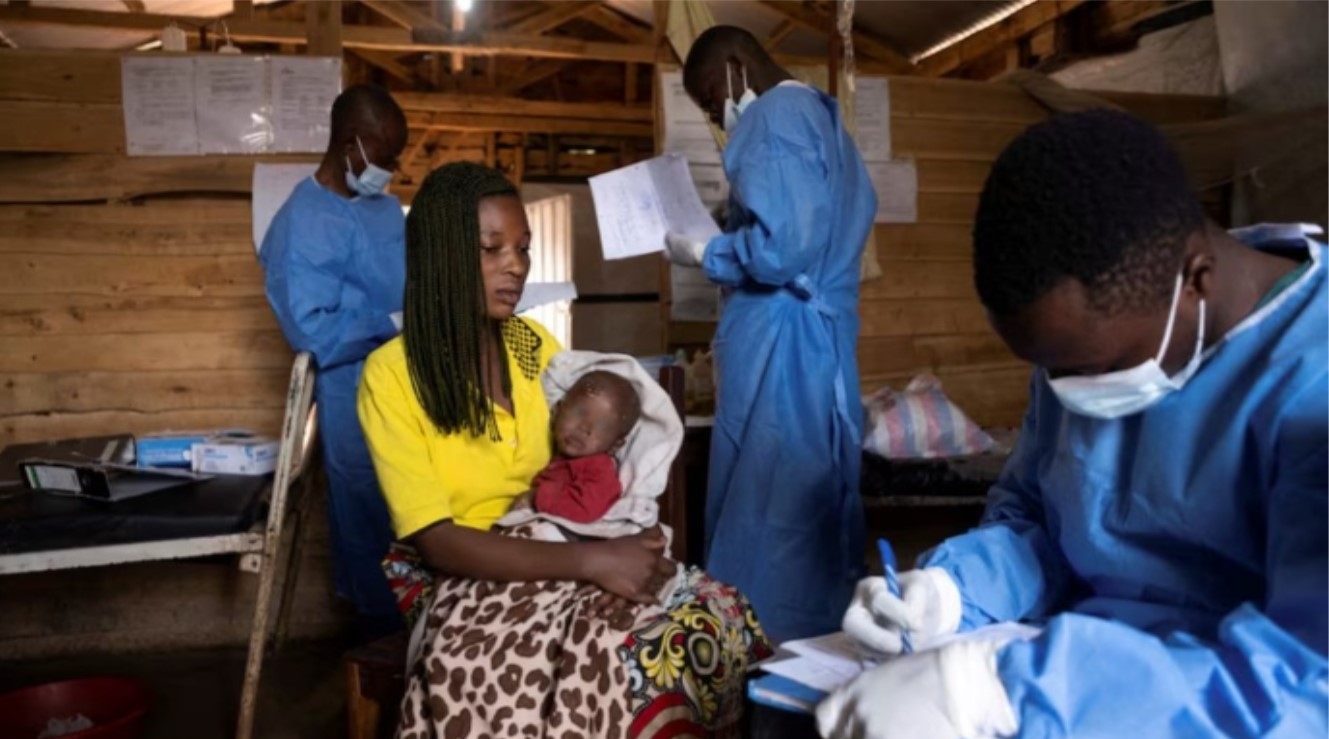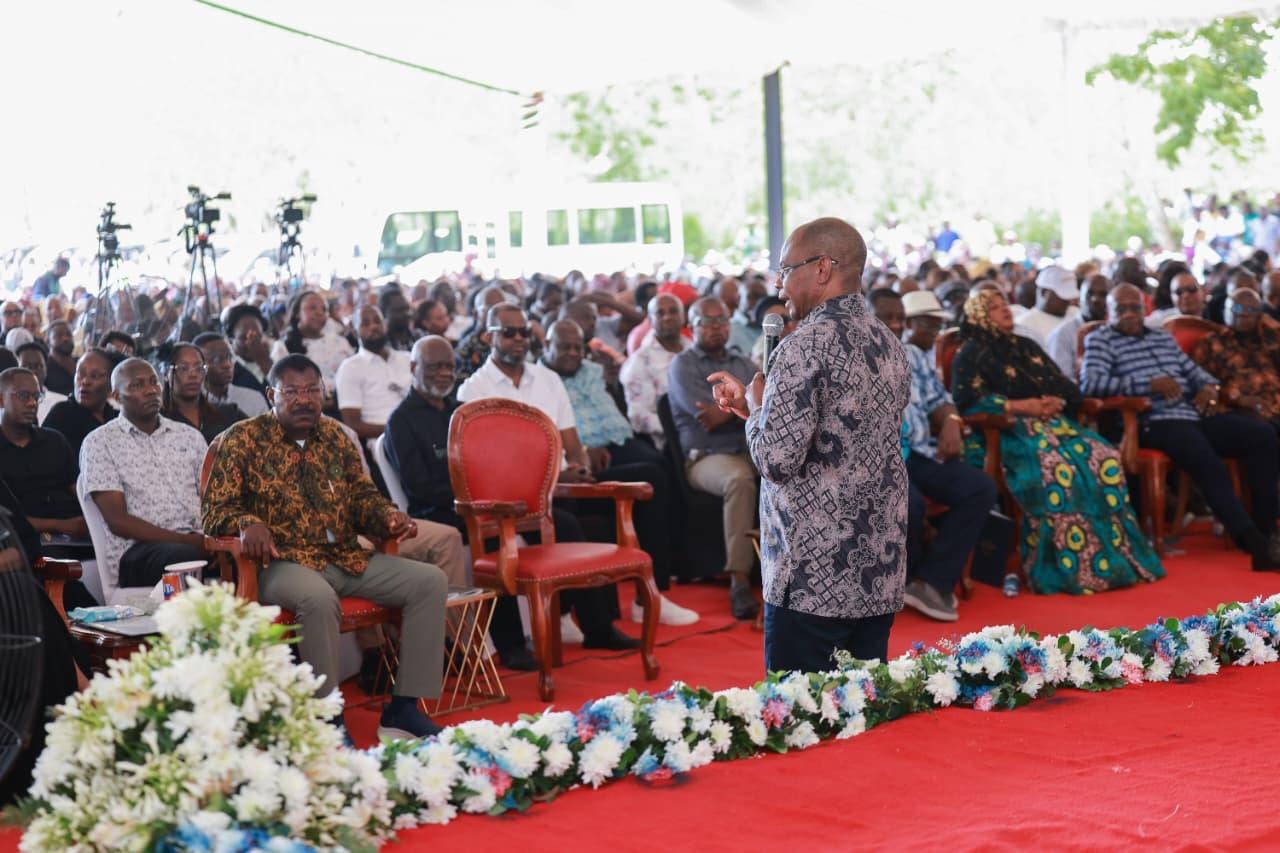Mpox outbreak could start flattening early next year, Africa CDC says

Twenty African countries have seen more than 59,000 reported mpox cases including 1,164 deaths so far this year, according to Africa CDC data.
The number of mpox cases will continue to rise during the next four weeks before starting to show signs of flattening early next year, the Africa Centres for Disease Control and Prevention (Africa CDC) said on Thursday.
Mpox is a viral infection that spreads through close contact and typically causes flu-like symptoms and pus-filled lesions. It is usually mild, but it can be lethal.
More To Read
- England confirms new mpox strain: What you need to know
- South Sudan on high alert as Marburg outbreak emerges across border in Ethiopia
- Ethiopia confirms Marburg virus disease outbreak, nine cases reported so far
- Kenya leads push for stronger regulation of medicines, vaccines in Africa
- Conflict, displacement fuelling measles outbreaks across the continent - Africa CDC
- Sudan records nearly 2,000 cholera deaths as conflict exacerbates outbreak: Africa CDC
The World Health Organisation declared a global health emergency in August after a new mpox strain began spreading from the badly-hit Democratic Republic of Congo to neighbouring countries.
"I think with this intensification of the response, we are hoping that after about four weeks... we should see some plateauing of the outbreak as a result of all the current investment, and then towards the end of quarter one, we can then see the bending of the curve," Ngashi Ngongo of Africa CDC told a press briefing.
He said outbreak surveillance including contact tracing remained a significant challenge for the response, but that the Africa CDC was trying to strengthen it by deploying community health workers, epidemiologists and infection prevention specialists in areas with confirmed cases of mpox, formerly known as monkeypox.
A lack of surveillance is also a major concern for WHO's advisory group, which said last week it was too early to lift its public health emergency status, according to Ngongo.
The outbreak continues to represent an emergency based on the rising number and continuing geographic spread of cases, operational challenges in the field, and the need to mount and sustain a cohesive response across countries and partners, the WHO said on Friday.
Twenty African countries have seen more than 59,000 reported mpox cases including 1,164 deaths so far this year, according to Africa CDC data.
Top Stories Today
















































